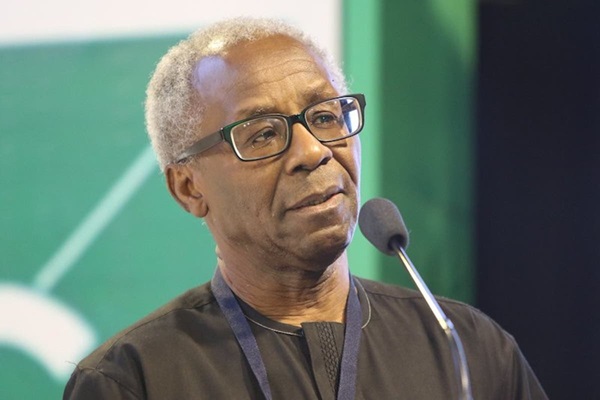
Renowned virologist and public health expert, Prof. Oyewale Tomori has called for a radical ethical shift in Nigeria’s scientific community, urging the country to break free from colonial influence and embrace a future defined by self-reliance, innovation and integrity.
Speaking in Abuja during a presentation titled “Decolonising Science: Ethical Approaches Required,” at the national EXCEL-RITE conference, Tomori challenged researchers and policymakers to confront the lingering colonial frameworks that continue to shape scientific research and education in Africa. The conference, themed “Exploring Excellence in Ethical Conduct, Leadership for Research Integrity Through Empowerment,” was organised in partnership with the National Health Research Ethics Committee (NHREC) and the Institute of Human Virology Nigeria (IHVN). It aimed to foster a culture of transparent and ethical research across academia, government and industry.
Tomori argued that true decolonisation of science requires a rejection of inherited models that sideline indigenous knowledge. He urged African governments to fund and promote studies rooted in local realities and conducted by local scientists, not dictated by external agendas. “We must undo the past and present racist and colonial hegemony of Western science over other equally legitimate knowledge and ways of knowing,” he said. “True decolonisation requires confronting colonising practices with indigenous studies funded by African governments and rooted in African society.”
The virologist criticised Nigeria’s longstanding dependence on foreign aid, describing it as a “band-aid” that conceals the deeper wounds of poor governance and systemic failure. “Aid aids the aider more than the recipient,” he noted, urging the federal government to shift from dependency to resource-driven autonomy. “Nigeria is not resource-limited; Nigeria is resource-wasteful and resource-squandering.”
Tomori cited the country’s health system as a tragic example of underperformance, pointing to high maternal and child mortality rates, recurring outbreaks of preventable diseases, and the continued loss of health workers to infections long after they should have been controlled. “Our science has not made a dent in improving Nigeria’s development. Today, 67 out of every 1,000 children die before their first birthday and 105 before they reach primary school,” he lamented.
He said the path forward lies in ethical, culturally grounded science, guided by Nigerian scientists who serve not just as researchers but as mentors and change agents. Tomori also criticised the habit of waiting for Western directives during emergencies, citing Nigeria’s response to COVID-19 and monkeypox as examples of scientific marginalisation. “We must create enabling environments that encourage innovation, stop brain drain, and reverse illegal transfer of our resources,” he said. “No one, except us, will solve our problems.”
With a firm appeal to fellow scientists, Tomori concluded, “Stop thinking outside the box. Get out of the bondage of the box.”
The three-day EXCEL-RITE conference concluded with a call to researchers, institutions and policymakers to embrace collaboration, ethical leadership, and homegrown solutions to strengthen Nigeria’s scientific and public health systems.

